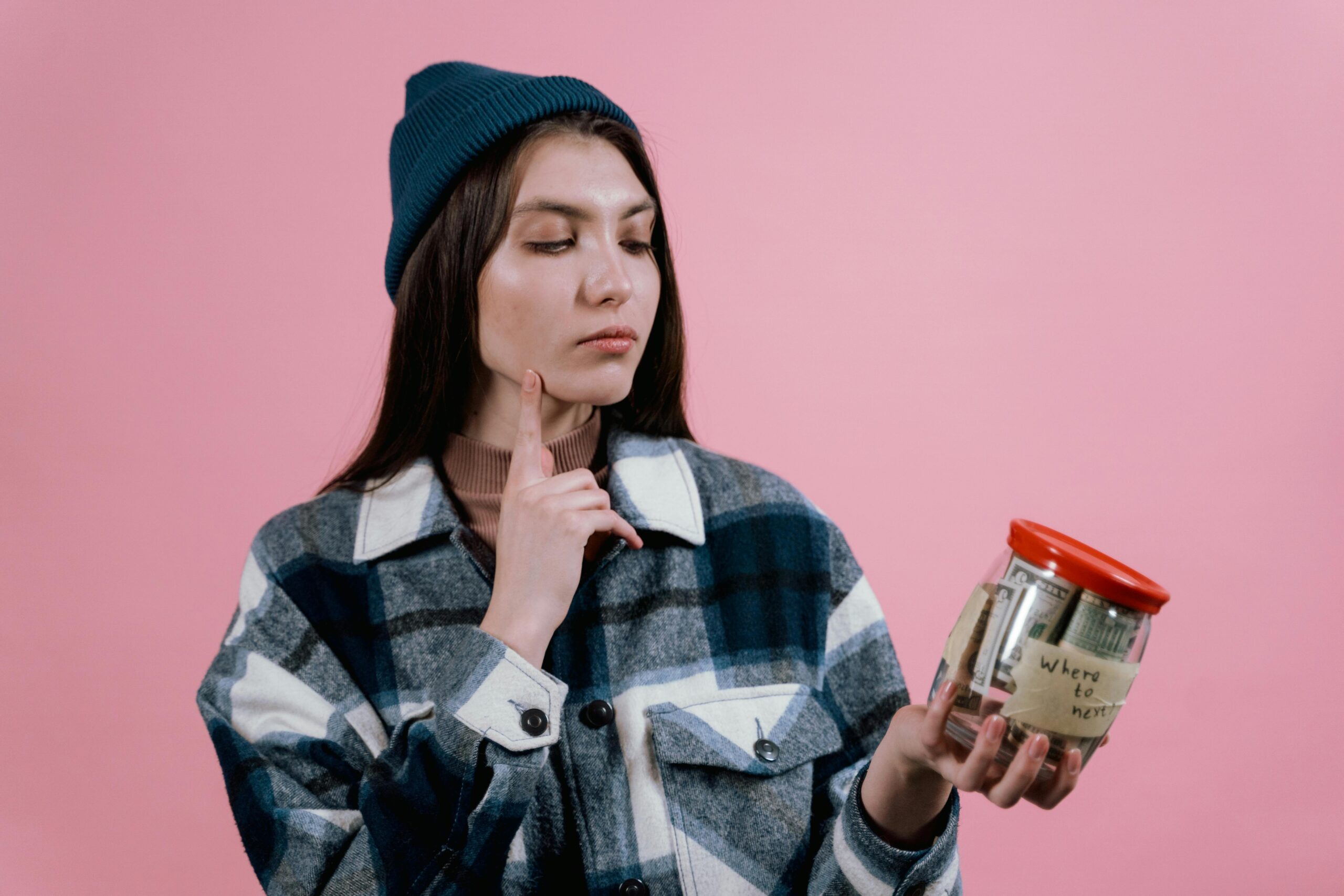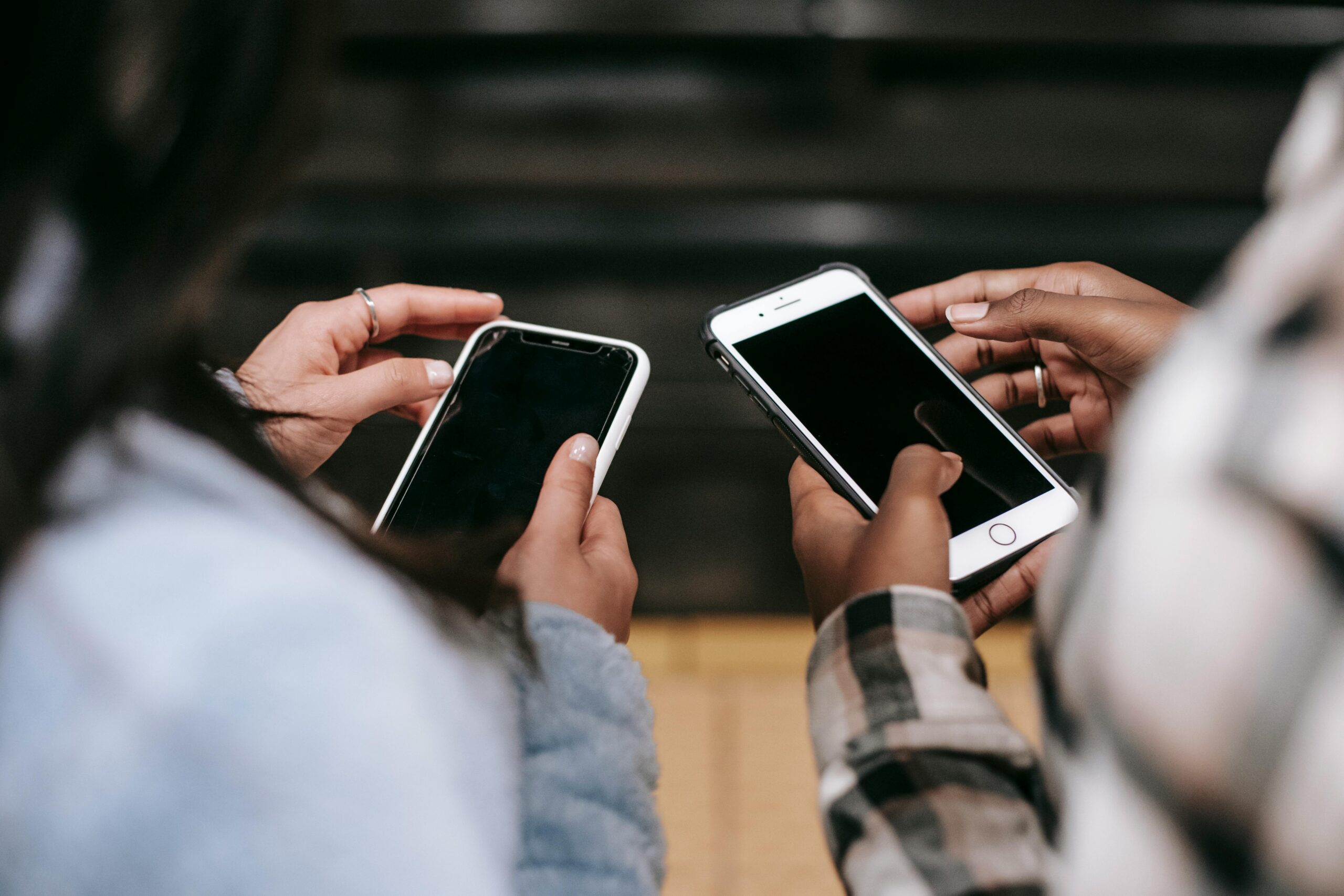
By Indiana Lee
Mental health issues have been stigmatized for years, but they’re thankfully getting the attention they deserve across the country. Throughout the COVID-19 pandemic, we saw a huge rise in mental health struggles, and because more people began to seek help, it painted a clear picture of the lack of mental health resources we face — especially in rural areas.
Mental health needs unfortunately often go unaddressed in rural areas, especially for women. Research has shown that women in these communities are less likely to receive diagnoses for depression and anxiety due to a lack of access to mental health screenings. Additionally, many women who lead a rural lifestyle work full-time and are often the primary caretaker for family members. It can take an emotional toll, and if those women’s emotional and mental needs aren’t being met, it could lead to some serious struggles.
So what can be done?
It starts by addressing the lack of mental health resources in these areas. Unfortunately, it’s too late to wait around for major corporations or government initiatives to do something. While those things can (and should) happen with time, women in these areas need immediate attention and support. Mental health activists and community action can make a difference. Let’s take a closer look at how local rural communities can come together to help women and reduce the stigma and stereotypes surrounding mental health.
Coming Together As a Community
There are plenty of reasons why those in rural areas don’t often get the mental health help they need. Some of the common issues include:
- Accessibility
- Affordability
- Availability
- Acceptability
That last problem is a big one in rural communities. While mental health issues are becoming less stereotyped throughout the country, there is still an underlying stigma. Women who are working full-time and taking care of family members might buy into the stigma that mental health issues are a sign of weakness. Nothing could be further from the truth.
Community support is essential to help put that stigma to bed. That requires a greater understanding of mental health education and a willingness to learn some of the common signs and symptoms of conditions like depression and anxiety. The more your community is willing to destigmatize mental health issues, the more you’ll become a safe space for women to open up and share what they’re going through. That might include small friend groups, community support groups, or mental health advocacy meetings with the local government. When you’re in a small rural community, you have to be willing to “step up” and care for your own, especially when there’s a lack of available resources nearby.
Recognizing What Women Do
Not only are more women working full-time jobs than ever, but research has shown that 66% of caregivers to the elderly are women. Mothers often serve as the primary caregivers of young children too. While it might sound antiquated, women are still often tasked with both household and family responsibilities on top of having to work full-time.
It should come as no surprise that women are more burned out than men. When you’re living in a rural area, however, burnout becomes far more serious. Women who have to “do it all” might not think they have the time or availability to de-stress and take care of themselves properly.
As the old saying goes, it takes a village to raise a child. It takes a community to help and support the women carrying the weight of the world on their shoulders. In addition to creating a safe space where mental health issues are addressed, community action is about recognizing what women do and what they have to carry every day. Everyone from employers to schools and childcare centers can do their part to help and support women (especially mothers) who might be juggling multiple responsibilities and could use a helping hand.
Ensuring Access to Resources
Depending on where you live, there simply might not be as many mental health resources available to you as there are in more urban parts of the country. It’s not just mental health resources, but general wellness, as well. It’s not uncommon for people in rural communities to be at a greater risk of physical and mental health issues, and lean into unhealthy coping mechanisms, like drinking or doing drugs. However, that lack of accessibility doesn’t mean the women in your community shouldn’t feel supported.
If the resources in your community are slim, consider becoming a mental health resource yourself. We touched on the importance of educating yourself on mental health conditions and how they can impact people differently. Why not go one step further and complete psychological first-aid training?
Doing so will allow you to support mental health in your community by:
- Providing people with a sense of hope
- Knowing how to create a calm environment
- Developing a sense of safety
- Building healthy relationships
- Assisting people in emotional distress
While this kind of training doesn’t make you a certified therapist or counselor, it can bridge the gap and provide women in your community with the help and support they need if there aren’t other resources available. It can be especially meaningful if you’re a woman going through that training and you use your skills and expertise to help other women who might feel overlooked or those who have been misdiagnosed or ignored by local doctors.
There’s no denying the challenges women in rural areas face on a daily basis. However, it’s important for everyone to feel supported. Whether you’re a woman living in a rural community or you just want to do your part to help the women in your life, keep these ideas in mind, choose to stand up for mental health support, and be a proud voice in your community to help women who might be struggling.


















